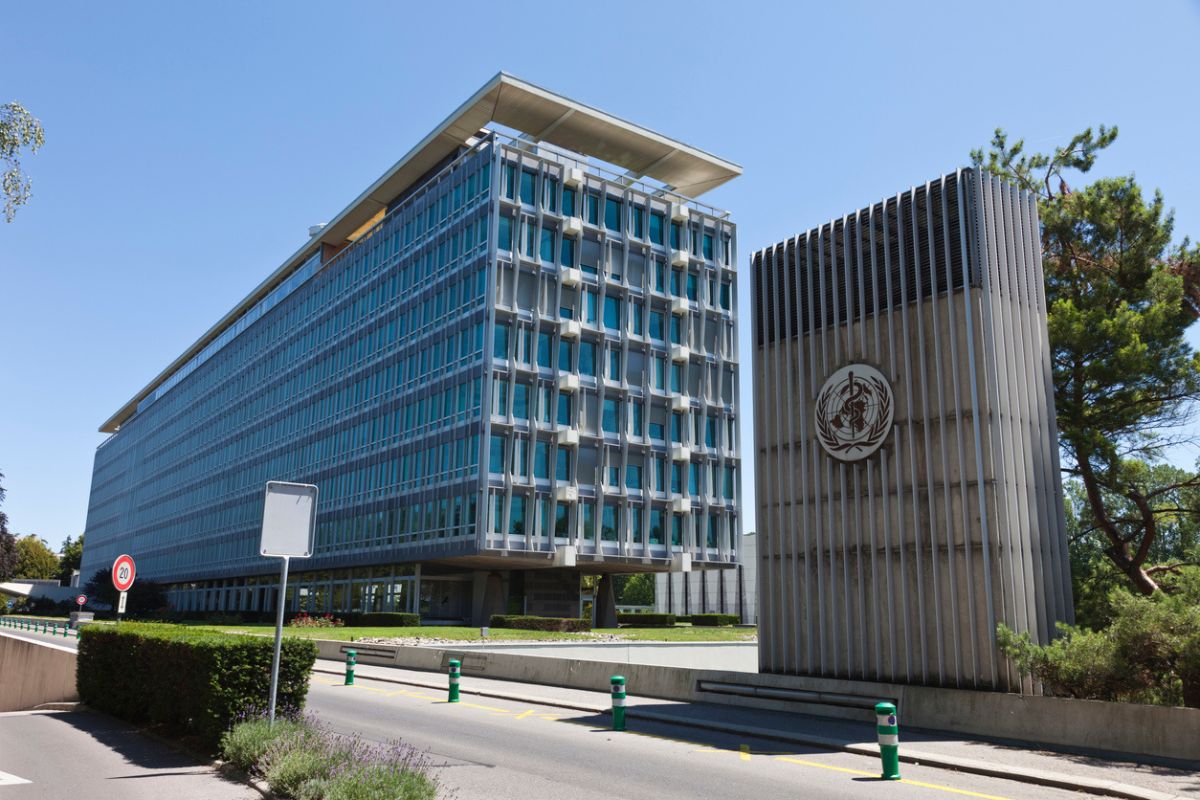This week, we discuss suicide – managing patients who’ve attempted it and how psychedelics may (or may not) help prevent it.
How Can Hospitals Best Help a Patient After a Suicide Attempt?
The Primary Care Companion for CNS Disorders has published a compelling study that underscores just how challenging it can be to manage patients after a serious suicide attempt. The Massachusetts General Hospital report covers cases that involve high medical risk, lethal intent, or demand life-saving care.
Specifically, the assessment discusses a case involving a young woman with severe depression who overdosed on acetaminophen and alcohol. Though she survived – after intensive medical treatment – she kept expressing suicidal thoughts, which necessitated integrated psychiatric care.
Most patients who try to take their own lives are already living with underlying psychiatric disorders, compounded by medical illness, substance use, or social isolation. Critical risk factors include access to lethal means, previous attempts, psychiatric symptoms, and major stressors. Protective factors, on the other hand, include strong social support, coping skills, and treatment access.
Managing such patients in medical and ICU settings poses a unique set of challenges, as sedation, delirium, and communication barriers can complicate psychiatric evaluations. The report’s authors advise a well-organized, risk-stratified care approach that balances patient safety within the least restrictive environment. Psychotherapy, safety planning, and close follow-up are especially critical, along with collaboration between the medical and psychiatric teams.
The authors also call attention to the emotional toll that these kinds of cases can take on healthcare providers and family members, illustrating the need for compassion and clear communication.
Ultimately, the researchers encourage hospitals to prioritize suicide prevention strategies, including thorough risk assessments, timely interventions, and robust discharge plans to stave off future attempts and boost long-term outcomes.
IN OTHER PSYCHIATRY AND NEUROLOGY NEWS
- The Journal of Clinical Psychiatry has published a global study that uncovered mixed associations between psychedelics and suicidality.
- PCC also features a case study that highlights the toxic effects of high-dose kratom and subsequent management using second-generation antipsychotics.
- JCP also includes a case series that underscores the complexity in assessing and managing intimate partner violence among members of the older adult dyad.
- Another PCC case report explores the potential mental health benefits of tirzepatide.
- And, don’t miss the latest installment in our ongoing “Emerging Approaches in Schizophrenia” series.



